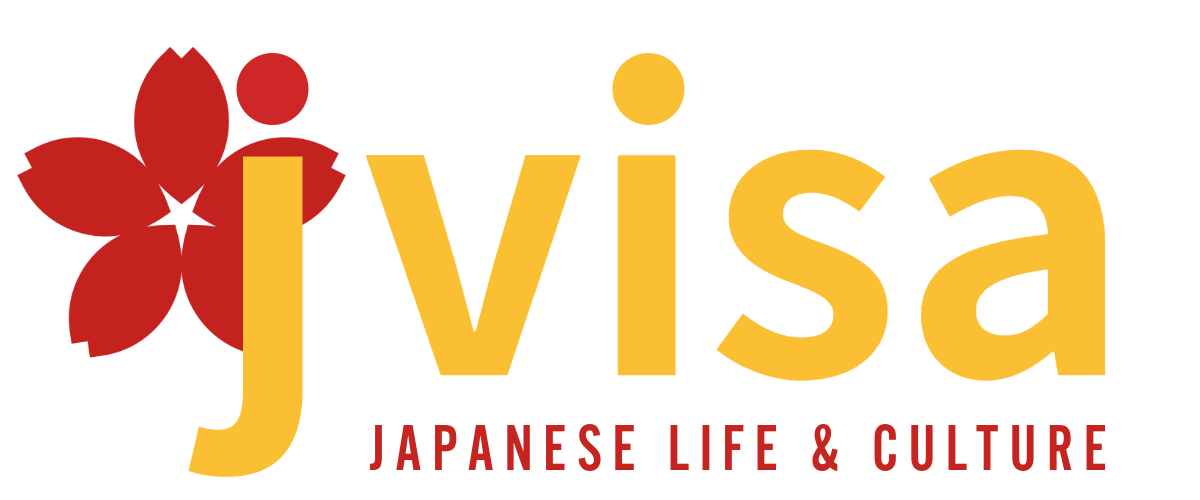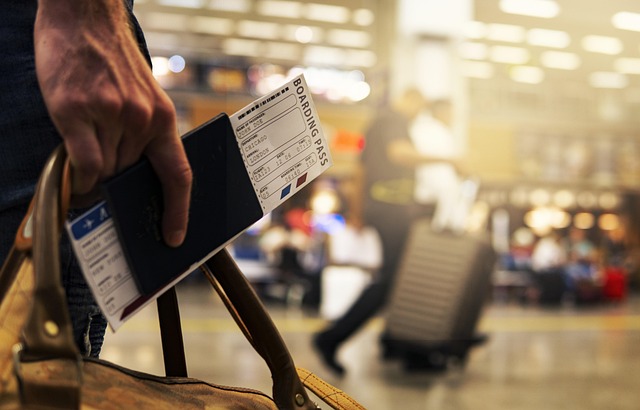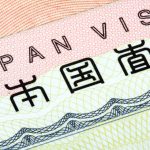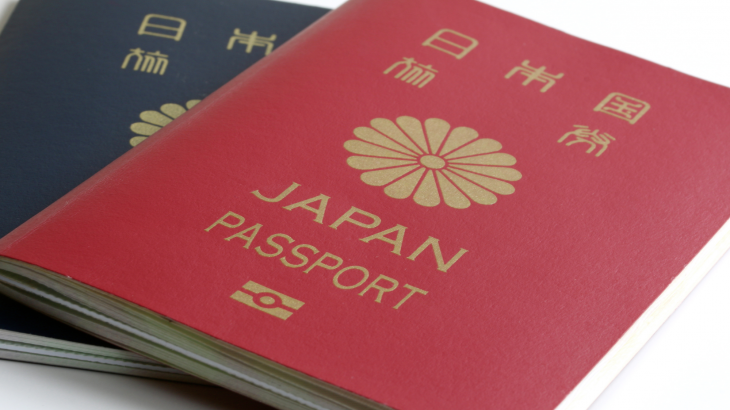The number of foreign workers in Japan continues to rise each year. According to the Immigration Services Agency of Japan (official website), as of 2024, the number of foreign employees exceeded two million. This growth is driven by global talent mobility and domestic labor shortages. However, many people still find it difficult to understand which work visa applies to their job type and how each differs. This article explains Japan’s main work visa categories, their requirements, and the overall application process—based on official information from the Immigration Services Agency of Japan (ISA).
What Is a Work Visa|Basic Knowledge of Residence Status for Working in Japan

This section helps you understand the fundamental structure of work visas required for foreign nationals who wish to engage in paid employment in Japan. A work visa is a type of residence status granted under the Immigration Control and Refugee Recognition Act. Each visa type clearly defines what kind of work is permitted and under what conditions. It is not a general “permit to work,” but a legally defined framework that strictly determines the type of occupation one can engage in within Japan.
Definition and Legal Basis of Work Visas
Work visas are residence statuses that authorize foreign nationals to perform remunerated activities in Japan, as stipulated under Article 19 of the Immigration Control and Refugee Recognition Act. Common visa categories include “Business Manager,” “Engineer/Specialist in Humanities/International Services,” “Skilled Labor,” and “Specified Skilled Worker.” Each has a defined scope of permitted activities, and engaging in activities outside this scope may lead to penalties. The system ensures that foreign labor is properly accepted while maintaining the integrity of Japan’s labor market.
Difference Between Residence Status and Work Permission
Foreign residents in Japan must hold a valid “residence status,” but not all statuses allow employment. For example, those on “Student” or “Dependent” status are generally prohibited from working unless they obtain special permission for “Activities Outside of Residence Status.” Conversely, visas such as “Engineer/Specialist in Humanities/International Services” or “Specified Skilled Worker” explicitly permit employment within designated categories. Understanding this distinction is key to determining which visa you should apply for.
Common Situations Requiring a Work Visa
A work visa is required when a foreign national earns income from employment in Japan. Typical cases include being hired by a Japanese company as a full-time or contract employee, working as a researcher, engineer, translator, designer, or marketing professional. It also applies to business managers and expatriates of foreign companies in Japan. For short-term activities such as meetings, business negotiations, or brief visits, a “Temporary Visitor Visa” may suffice. Choosing the appropriate visa depends on the nature and duration of your activities.
| Visa Type (Residence Status) | Main Occupations / Fields | Eligibility / Skill Requirements | Period of Stay | Family Accompaniment | Main Features |
|---|---|---|---|---|---|
| Engineer / Specialist in Humanities / International Services | IT engineers, translators, designers, accountants, marketing specialists, HR, international business professionals | University degree or 10+ years of relevant professional experience | 1 year / 3 years / 5 years | Allowed | The most common white-collar visa in Japan; covers a broad range of professional and office-based occupations. |
| Skilled Labor | Chefs, carpenters, jewelers, craft workers, sports trainers, traditional artisans | Proven technical skills, typically 10+ years of hands-on experience | 1 year / 3 years / 5 years | Allowed | Designed for foreign nationals with advanced vocational or manual skills in specialized trades. |
| Specified Skilled Worker (Type 1) | Caregiving, hospitality, food service, construction, agriculture, manufacturing (14 designated industries) | Pass both a skills test and a Japanese language test (JLPT N4 or above) | Up to 5 years | Not allowed | Introduced in 2019 to address labor shortages; temporary residence with the possibility to upgrade to Type 2. |
| Specified Skilled Worker (Type 2) | Construction, shipbuilding, and other heavy industries | Proven high-level technical skills and work experience | Unlimited | Allowed | Grants long-term residence and family sponsorship eligibility; pathway to permanent residency. |
| Business Manager | Entrepreneurs, company executives, representatives of foreign companies in Japan | Office space required; minimum capital of 5 million yen; viable business plan | 1 year / 3 years / 5 years | Allowed | For managing or operating a business in Japan; focuses on investment and enterprise establishment. |
| Highly Skilled Professional | Researchers, university professors, engineers, corporate executives | Points-based evaluation considering education, work experience, and income level | Up to 5 years (preferential treatment) | Allowed | Offers various benefits such as fast-track permanent residency and work authorization for dependents. |
Main Types of Work Visas and Their Applicable Occupations

Japan offers many types of work visas, each with specific requirements and permitted occupations. This section classifies them by purpose and field, highlighting their main features and key differences. Understanding these distinctions—particularly between “Engineer/Specialist in Humanities/International Services,” “Skilled Labor,” and “Specified Skilled Worker”—helps applicants select the correct category for their employment situation.
Highly Skilled Professional and Engineer/Specialist in Humanities/International Services
The “Highly Skilled Professional” visa targets foreign nationals with advanced academic backgrounds, professional achievements, or extensive experience. Eligibility is evaluated through a points-based system, and qualified applicants—such as researchers, corporate executives, and engineers—enjoy benefits like fast-track permanent residency and work rights for family members.
The “Engineer/Specialist in Humanities/International Services” visa is one of the most common work visas in Japan. It covers a wide range of white-collar professions that utilize specialized knowledge—such as IT engineers, designers, translators, accountants, HR professionals, and marketing staff. Applicants generally need a university degree or over ten years of relevant professional experience.
Skilled Labor and Specified Skilled Worker Visas
The “Skilled Labor” visa applies to individuals with advanced technical skills, such as chefs, carpenters, jewelers, and professional athletes. Applicants must prove exceptional ability, often through at least ten years of experience. This category is designed for traditional and craft-based professions.
The “Specified Skilled Worker” visa was introduced in 2019 to address labor shortages in 14 designated industries, including caregiving, construction, agriculture, hospitality, and food service. Applicants must pass both a Japanese language test (JLPT N4 or higher) and a skills assessment. Type 1 visas allow up to five years of stay but prohibit family accompaniment, while Type 2 visas permit long-term residence and family sponsorship.
Business Manager and Intra-Company Transferee Visas
The “Business Manager” visa applies to entrepreneurs, company directors, and representatives of foreign corporations establishing or managing a business in Japan. Applicants must have an actual office and at least ¥5 million in capital. The “Intra-Company Transferee” visa, on the other hand, allows employees of multinational firms to transfer from overseas offices to their Japanese branches while maintaining their employment relationship abroad.
Work Visa Application Process and Key Points

The application process varies depending on visa type but follows a general procedure: submission, review, issuance, visa application at an embassy, entry into Japan, and starting work. The following table outlines each step, required documents, processing time, and important notes based on ISA guidelines.
| Step | Procedure | Main Documents | Authority | Processing Time | Notes |
|---|---|---|---|---|---|
| ① Certificate of Eligibility (CoE) Application | The sponsoring company or guarantor in Japan applies to the Immigration Services Agency to invite the foreign worker. | Application form, employment contract, company registration, business profile, letter of guarantee | Immigration Services Agency | Approx. 1–3 months | The job description must align with the visa category; errors or inconsistencies may delay approval. |
| ② Screening and Issuance of CoE | The ISA reviews all materials and issues the CoE if requirements are met. | – | Immigration Services Agency | 1–3 months | The CoE is valid for three months. Apply for the visa within this period. |
| ③ Visa Application at Japanese Embassy/Consulate | Applicants residing abroad submit the CoE and required documents to the Japanese embassy or consulate. | CoE, passport, visa application form, photo | Japanese Embassy or Consulate | Approx. 1–2 weeks | Upon approval, the visa will be stamped into the passport. |
| ④ Entry and Immigration Inspection | Upon arrival in Japan, the holder undergoes immigration inspection and receives a Residence Card at the airport. | Passport, visa, CoE | Immigration Bureau (Airport) | Same day | The Residence Card activates the official residence status in Japan. |
| ⑤ Resident Registration and Starting Work | Within 14 days of arrival, the worker must register their address at the local municipal office and begin employment. | Residence Card, passport, employment contract, seal (inkan) | Municipal Office / Employer | Within 14 days after entry | Social insurance and tax registration should be completed simultaneously. |
| ⑥ Renewal and Permanent Residency (Optional) | To continue employment, apply for an extension before the visa expires. Long-term residents may apply for permanent residency if eligible. | Renewal application form, employment certificate, tax certificate, insurance records | Immigration Services Agency | Approx. 2–3 months | Apply early to avoid overstaying; failure to renew on time may lead to loss of status. |
Conclusion
Work visas are essential for foreign nationals seeking legal employment in Japan. Each type corresponds to specific professions, requirements, and privileges. Applicants should always verify the latest information on the Immigration Services Agency’s official website before applying. With proper preparation and the correct visa selection, you can begin your professional career in Japan smoothly and securely.










